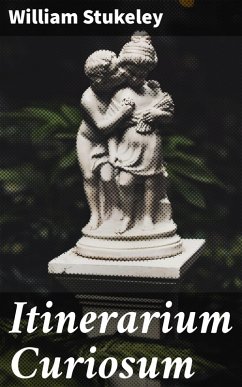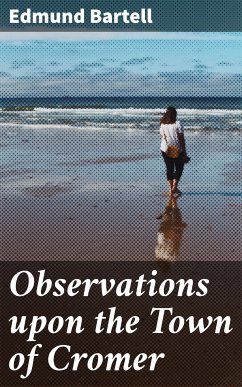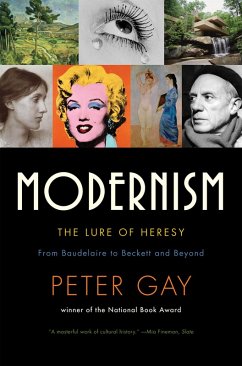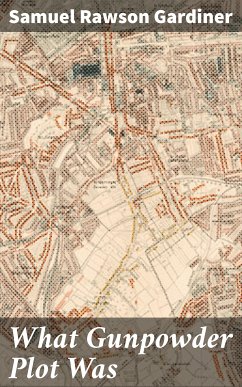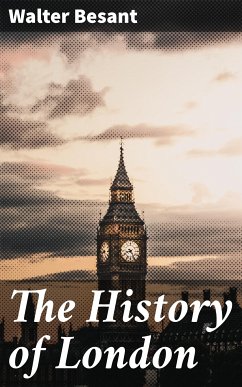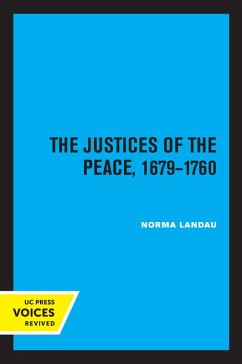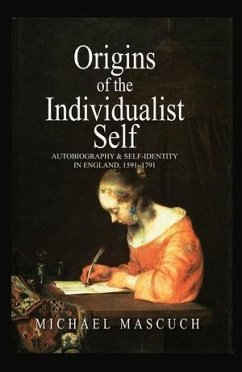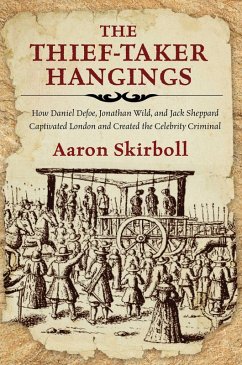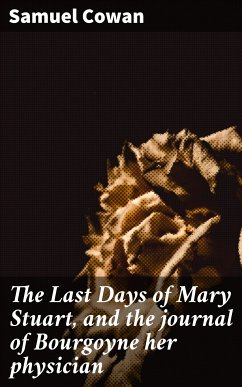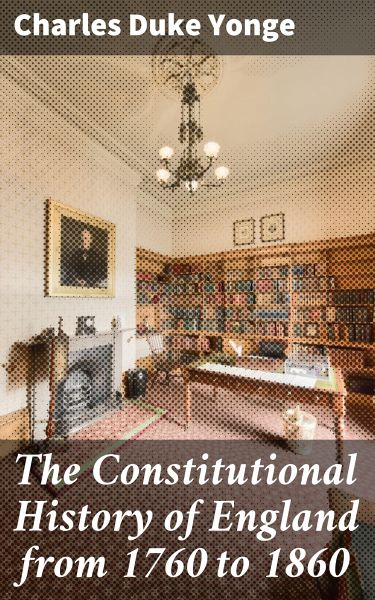
The Constitutional History of England from 1760 to 1860 (eBook, ePUB)
Enriched edition. Exploring political transformation in 18th and 19th century England
Kommentar: Carrington, Zoe / Redaktion: Good Press
Versandkostenfrei!
Sofort per Download lieferbar
1,99 €
inkl. MwSt.
Weitere Ausgaben:

PAYBACK Punkte
0 °P sammeln!
In "The Constitutional History of England from 1760 to 1860," Charles Duke Yonge presents a meticulously researched examination of England's political evolution during a century marked by significant upheaval and reform. The book's analytical style is both rigorous and accessible, providing readers with valuable insights into the constitutional developments spurred by the American and French revolutions, the Reform Act of 1832, and the emergence of modern democratic principles. Yonge intricately dissects the interplay between law and politics, highlighting the tension between tradition and pro...
In "The Constitutional History of England from 1760 to 1860," Charles Duke Yonge presents a meticulously researched examination of England's political evolution during a century marked by significant upheaval and reform. The book's analytical style is both rigorous and accessible, providing readers with valuable insights into the constitutional developments spurred by the American and French revolutions, the Reform Act of 1832, and the emergence of modern democratic principles. Yonge intricately dissects the interplay between law and politics, highlighting the tension between tradition and progress within the British constitutional framework. Charles Duke Yonge, a prominent historian and public servant, was passionately invested in the legal and political institutions of his time. His expertise in history and familiarity with the socio-political climate of the 19th century, particularly his interest in parliamentary reforms and civil rights, undoubtedly informed his writing. Yonge's commitment to chronicling the evolution of constitutional law reflects his belief in the significance of historical consciousness for contemporary governance and civic responsibility. This seminal work is highly recommended for scholars, students, and anyone with an interest in British history, constitutional law, and the enduring legacy of political transformations. Yonge's clear prose and insightful commentary ensure that readers will not only grasp the complexities of the period but also appreciate the foundational changes that have shaped modern democracy. In this enriched edition, we have carefully created added value for your reading experience: - Hand-picked Memorable Quotes shine a spotlight on moments of literary brilliance. - Interactive footnotes clarify unusual references, historical allusions, and archaic phrases for an effortless, more informed read.
Dieser Download kann aus rechtlichen Gründen nur mit Rechnungsadresse in A, B, BG, CY, CZ, D, DK, EW, E, FIN, F, GR, H, IRL, I, LT, L, LR, M, NL, PL, P, R, S, SLO, SK ausgeliefert werden.




